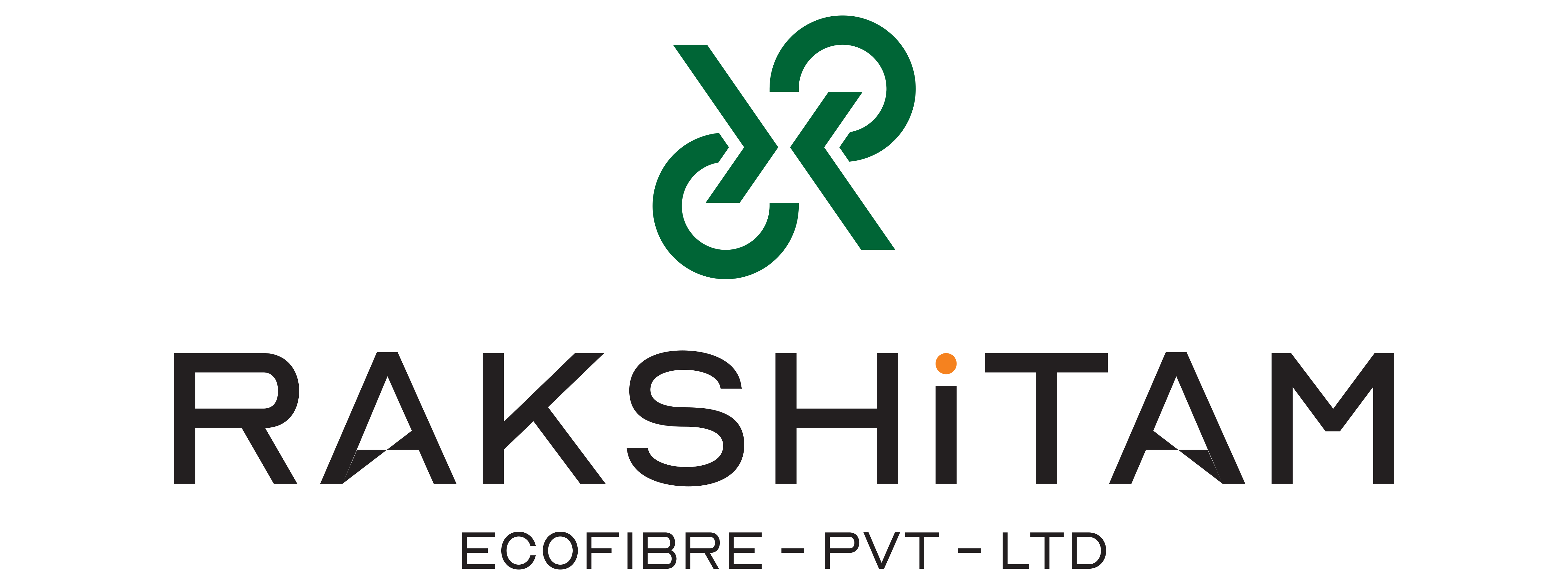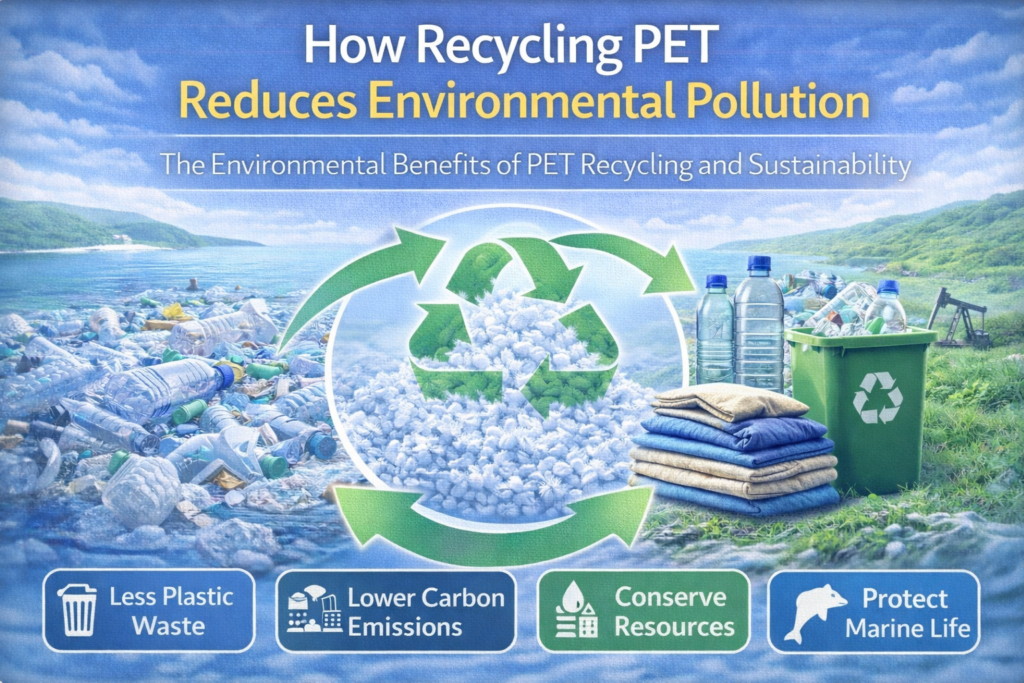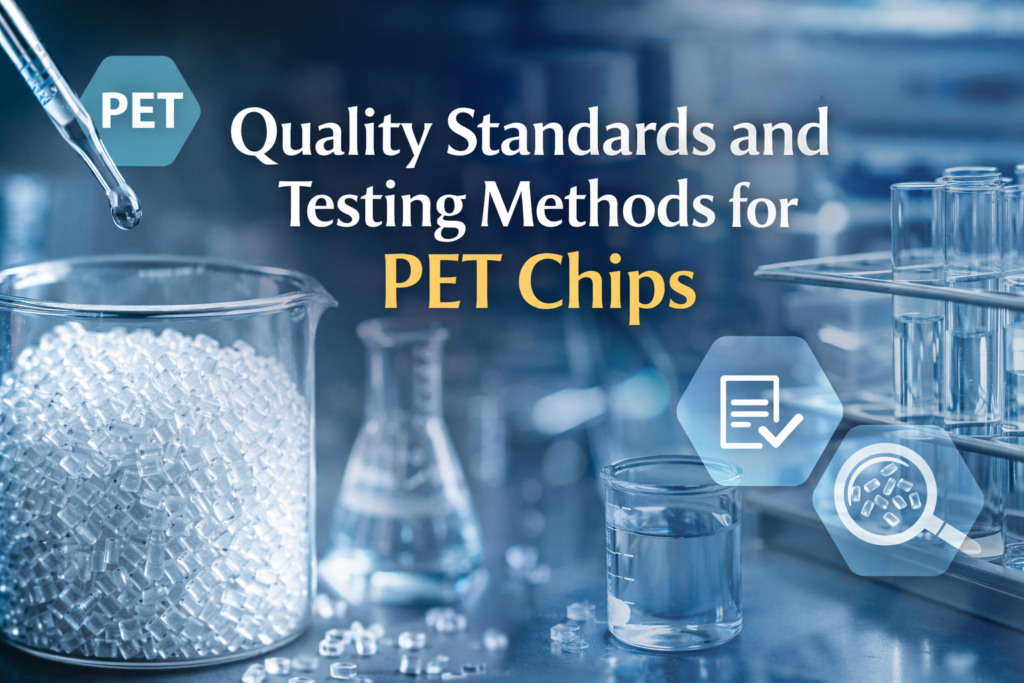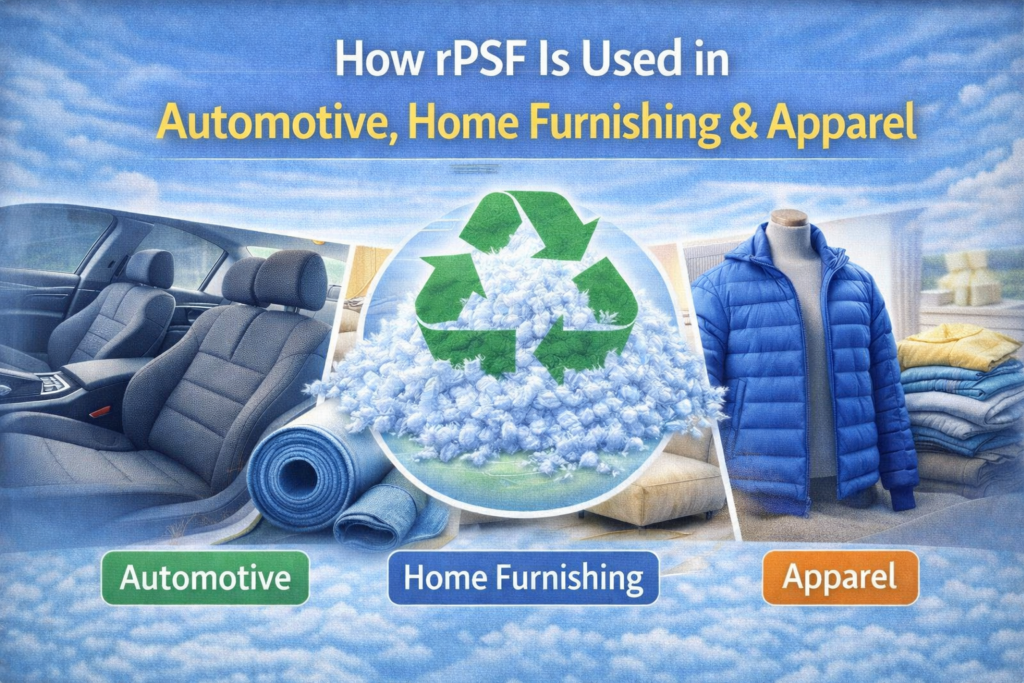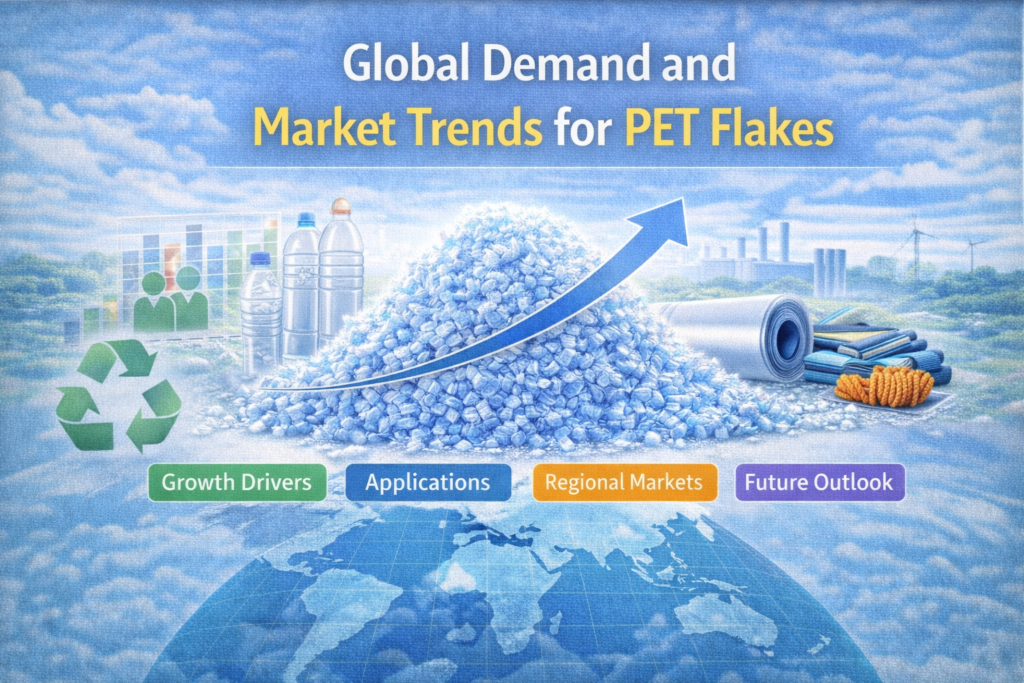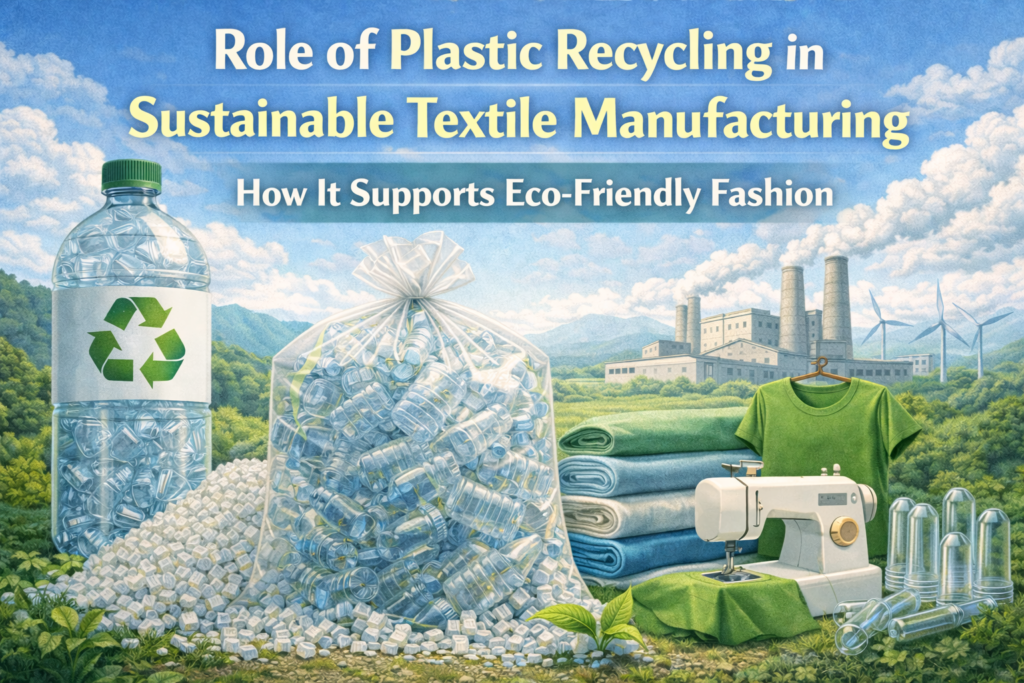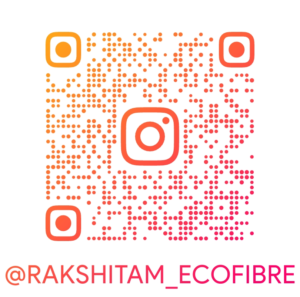Food-grade resin has become more than just an item of consideration; its importance in the supply chain of the world has become crucial for business operations. Important aspects of hygiene and safety in food and drink packaging are major components of the food-grade resin said to be reliable. More than sellers and buyers, producers too are interested in the innovation and certification of food-grade resins. There are many important things that certification, compliance, and traceability can help ascertain. This article will help evaluate the reasons the aforementioned issues are of great importance, and how they influence the current market.
What is Food-Grade Resin?
Food-grade resin is a plastic that has been certified for use in direct food and beverage contact. The most widely used is PET (Polyethylene Terephthalate), which is used extensively because of its strength, transparency, and recyclability. In order to be considered food-grade, resin needs to comply with stringent standards by bodies such as the FDA (U.S.), EFSA (Europe), and FSSAI (India).
For B2B food businesses, food-grade resin isn’t simply about packaging — it’s about establishing consumer trust with safe and sustainable solutions.
Traceability in Food-Grade Resin
Why Traceability Matters
Traceability allows for every batch of resin to be traced from raw material through to finished product. This is particularly critical for companies such as the food and beverage sectors, where consumer health and safety are paramount.
- Supply Chain Transparency: Companies can trace back the source of raw materials.
- Quality Control: Traceability enables the quick detection and recall of faulty batches.
- Compliance with Regulations: Governments increasingly require traceability to minimize risk.
How It Works
Sophisticated tracking systems employ batch coding, electronic databases, and blockchain technology to capture resin movement. Manufacturers and B2B purchasers can ensure that the resin in their packaging meets international safety standards.
Certification Standards for Food-Grade Resin
Certification proves that the resin’s products are of a specific quality and free of safety issues. For B2B buyers, working with certified suppliers mitigates risks and builds brand reputation.
Major Certifications Are:
- FDA Approval (U.S.) – Resins for direct food contact.
- EFSA Compliance (Europe) – Compliance with the European Food Safety Authority.
- FSSAI Standards (India) – The domestic legislation concerning food-contact substances.
- ISO 22000 / ISO 9001 – Establishes food safety and quality management systems.
- GMP (Good Manufacturing Practice) – Guarantees a high level of hygiene of the production.
With no added compliance burden, certified resin manufacturers give their clients a sharper competitive edge.
Innovation in Food-Grade Resin
The packaging of food and beverages is changing at a fast pace. Innovation in food-grade resin assures that food items are safe, as well as environmentally friendly and cost-efficient.
Recent Innovations:
- Recycled PET (Local rPET): Helps accomplish a closed-loop economy by recycling plastic trash.
- Lightweight Resin Technology: Saves the cost of transportation and packaging by decreasing in overall weight.
- Coatings Technologies: Saves the product from getting contaminated and keeps it longer on the shelf.
- Smart Packaging: Embedded traceability codes are packed.
For B2B buyers, innovation equates to reduced costs, enhanced compliance, and better sustainability.
Why This Matters for B2B Sectors
Food, beverage, pharmaceutical, and FMCG companies depend extensively on food-grade resin. By focusing on traceability, certification, and innovation, these sectors can:
- Ensure consumer safety.
- Meet regional and global regulatory requirements.
- Minimize product recall risks.
- Gain consumer confidence with sustainable packaging.
Also Read: Top Industries Using PET Flakes in Everyday Products & Recycled PET
Conclusion
The B2B food-grade resin market is moving towards sustainability, safety, and transparency. Traceability provides confidence in supply chains, certifications assure compliance, and innovations such as rPET and intelligent packaging propel the industry. For firms sourcing food-grade resin, selecting the right supplier with established certifications and innovative processes is no longer a choice — it’s a necessity.
By emphasizing these three columns, businesses can protect their reputation, comply with regulations, and make the world a greener place.
